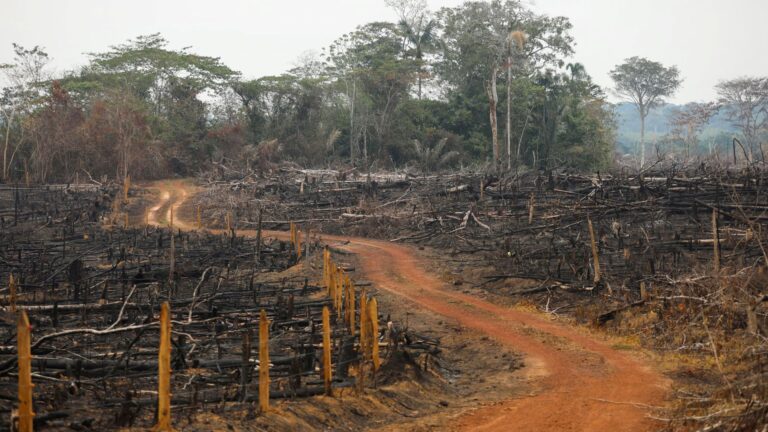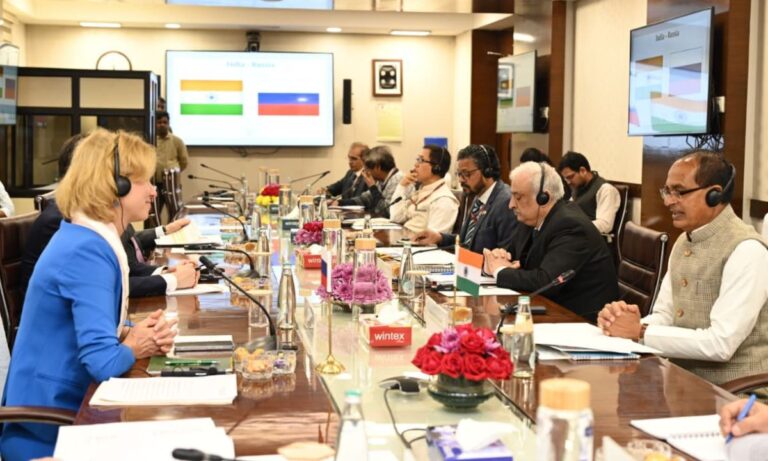
A recent scientific study has sounded the alarm on the potential impacts of climate change on the water cycle in the southern Western Ghats and neighboring coastal areas of India. According to researchers, rising global temperatures are expected to significantly alter rainfall patterns, triggering more frequent extreme weather events and posing serious challenges to local agriculture, hydropower, and livelihoods.
Key Findings on Rainfall and Temperature Trends
The study projects that for every 1°C increase in temperature, annual rainfall in the region could rise by as much as 20%. Additionally, occurrences of extreme rainfall events may increase by approximately 16%. Depending on future emissions scenarios, the region could see an annual increase in rainfall ranging from 250 to 670 millimeters by the end of the 21st century.
Temperature changes are equally concerning. Maximum temperatures are expected to rise between 1.7°C and 3.2°C, while minimum temperatures may climb between 1.9°C and 3.6°C. These temperature hikes could severely impact crop yields and natural ecosystems across the region.
Shifting Monsoon and Water Cycle Dynamics
Using sophisticated climate simulation models, researchers examined how climate change could reshape the Indian Summer Monsoon (ISM). The findings suggest that the ISM season will become wetter, while the pre-monsoon months may become increasingly dry. This could lead to a paradoxical situation where the region faces both floods and droughts, along with heightened risks of landslides in hilly areas.
Call for Immediate Adaptation Measures
In light of these projections, the study underscores the urgent need for proactive adaptation strategies tailored to the region’s unique geographical and socio-economic conditions. Recommended measures include enhancing short-term water storage capacity, implementing integrated water resource management, and promoting sustainable farming practices. These steps are crucial to protect food security, support hydropower infrastructure, and sustain local communities.
Study Background
The research was led by Jobin Thomas from the University of Mississippi and published in the Journal of Environmental Management. It was supported by the Department of Science and Technology, Government of India. The study contributes valuable insights into how climate change may influence hydrological systems in one of India’s most ecologically sensitive regions.






